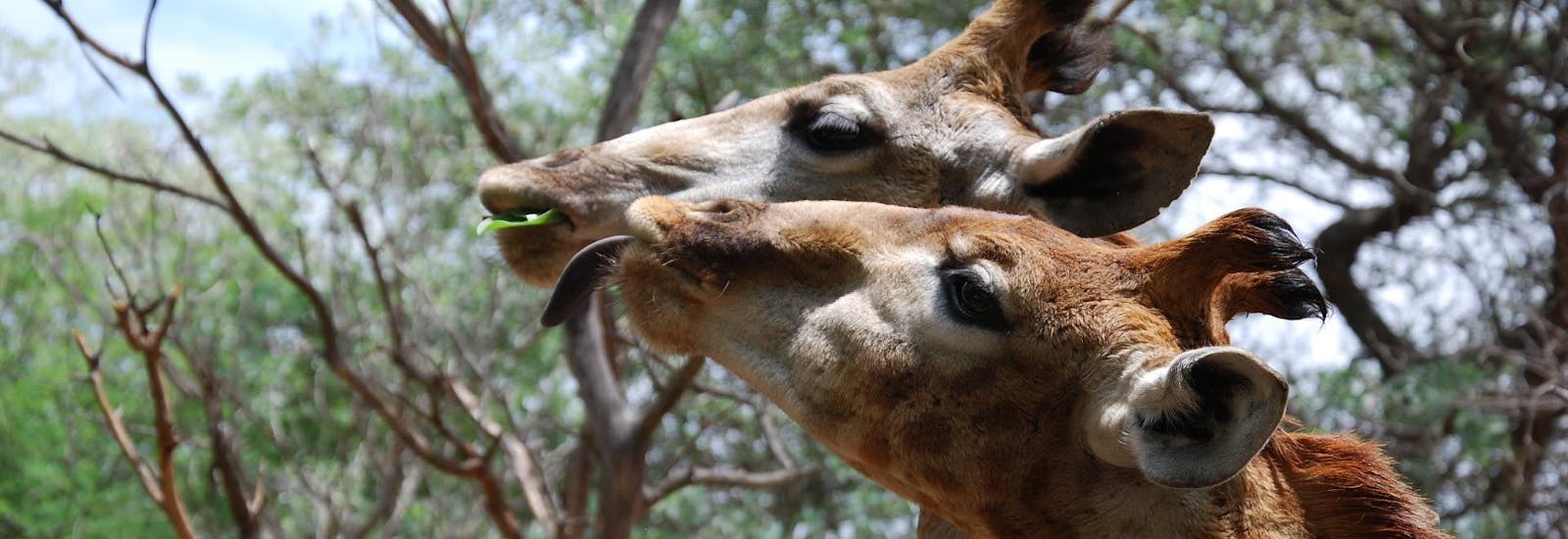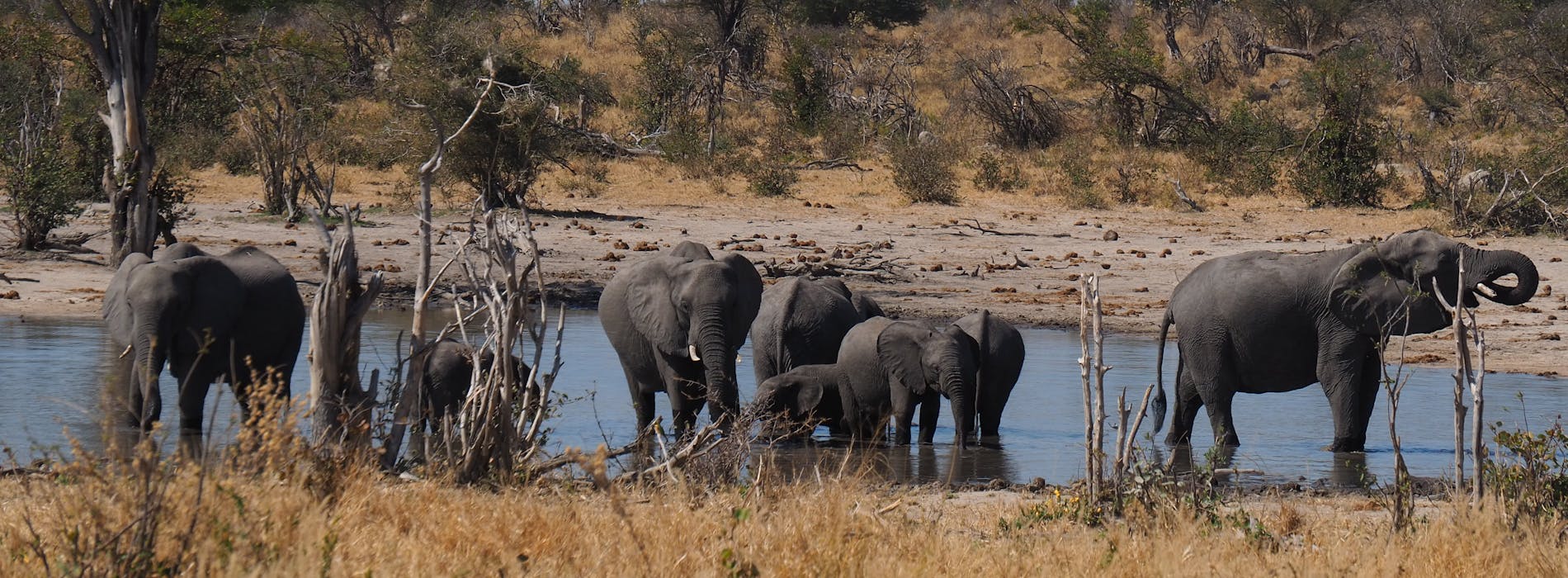
Interfering with Nature or Vital Conservation?
Should humans interfere with nature?
A complex question that has speculated debate across the globe. Surely the answer depends on the circumstances, is the interference necessary because of negative impact from human action? Such impacts can evoke emotive responses due to our compassion for other species but is it necessary to intervene? Is the setting in question truly wild and natural or one that requires management?
South Africa is a fascinating example, a country where all land is privately owned evident by the numerous game parks and reserves. These are closed ecosystems that no matter how large or how wild, are bordered by fences. This stops many animals from migrating and when populations recover and flourish there is no way for spill over to occur, as is the case for marine reserves. Such areas therefore require human management to control populations and maintain the balance.
The Phinda Wildlife Research Project is home to dynamic populations of elephants, lion, white and black rhino, leopard, cheetah, giraffe, wildebeest, buffalo and antelope. An area formerly depleted in wildlife, large mammal reintroduction has allowed for the development of this stunning reserve.
While volunteering on this project, Rose Massingham opened her eyes to the wider issues surrounding conservation work. Amongst her many experiences she got up close with wild leopard while fitting radio collars, visited a hyena den at night and watched how a lioness teaches her cubs to hunt. Most people only dream of such wildlife encounters but this is a real opportunity to work with researchers in the bush, learning why at times, human interference is essential for the conservation of wildlife.

